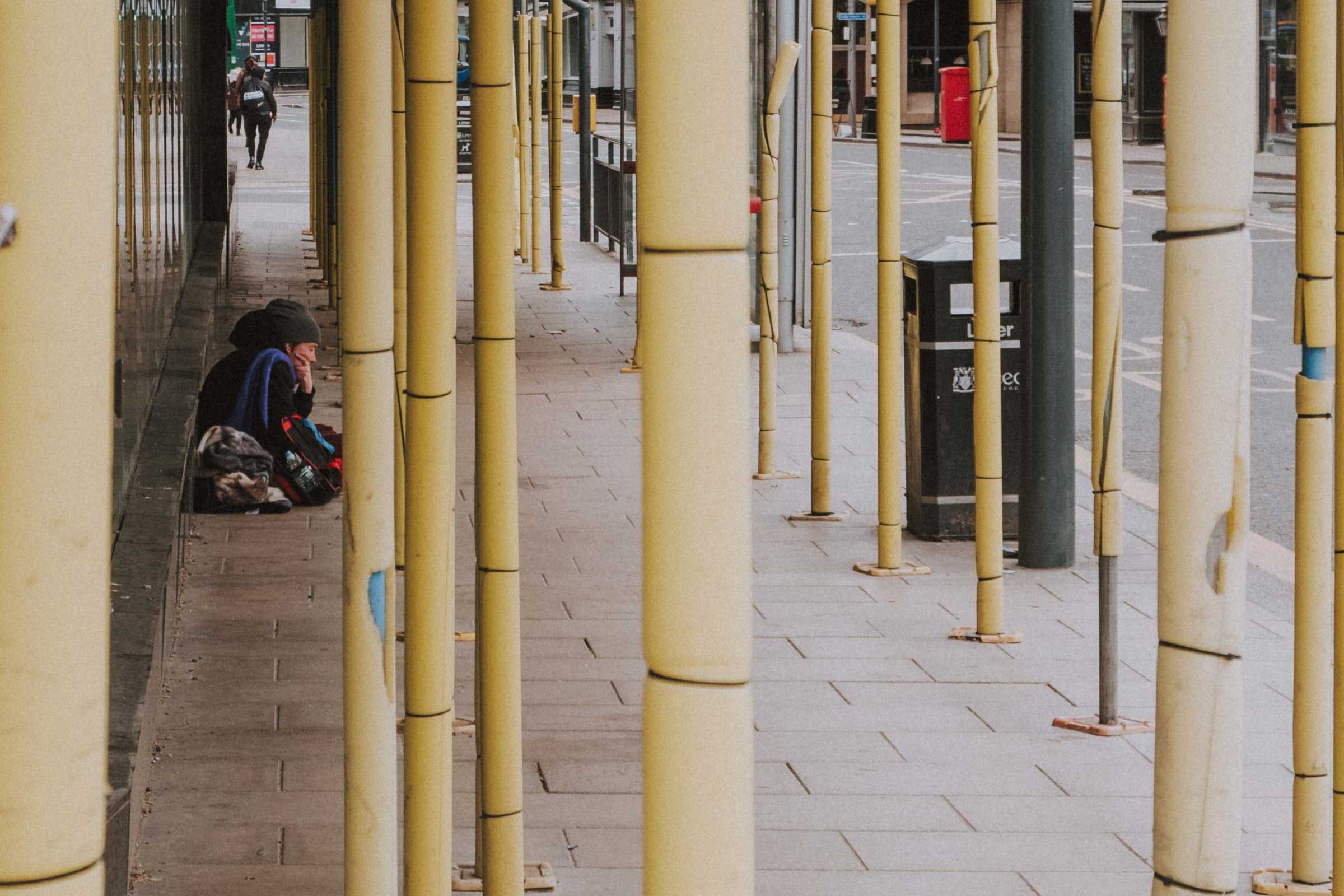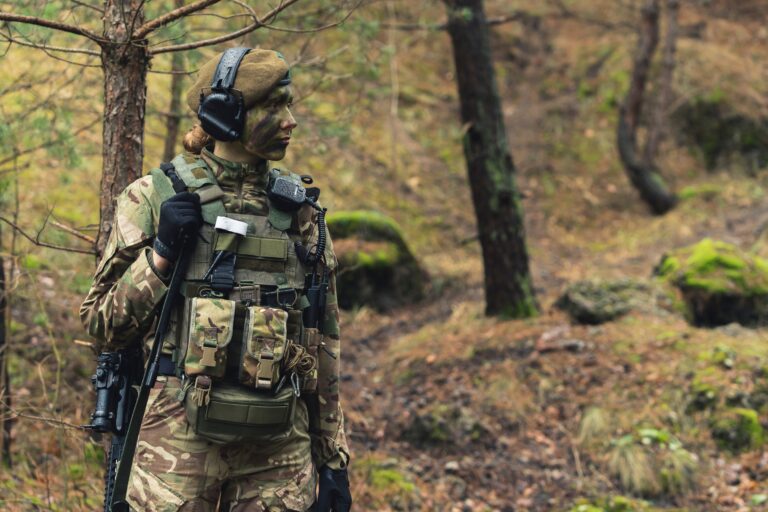
The vital work which military charities do to tackle homelessness
Homelessness is a very sad reality for many people, including some veterans. 10th October 2020 marked World Homelessness Day and provided a chance to reflect on why so many end up without a home and how the COVID-19 pandemic is likely to see homelessness levels increase on the whole.
Whilst it is important to acknowledge that some veterans find the adjustment to civilian life difficult when they leave the Forces, and homelessness can sadly follow, it must be remembered that the proportion of veterans who end up homeless is relatively low, and it is thought that only around 3% of the UK homeless population is made up of veterans. In 2019, the Royal British Legion (RBL) estimated that there were approximately 6,000 homeless veterans in the UK and in fact found that levels of homelessness amongst veterans between the 1990’s and mid-2000’s decreased. This was thought to be due to a combination of reduced output from the Armed Forces, improved Ministry of Defence (MoD) resettlement provision and better intervention from military charities. It is those military charities, who have grown in strength over the years, who provide invaluable support to service personnel and veterans and who undoubtedly help to reduce the levels of homelessness amongst veterans.
Whilst any level of homelessness is very sad, when it comes to veterans, World Homelessness Day should be seen as an opportunity to reflect positively on the work which military charities do in reducing homelessness rates amongst veterans.
How does a Veteran end up homeless?
Many veterans have served a full military career, even longer following a commission. When their military career comes to an end, often as a result of their service concluding or due to medical discharge, they have known little else but military life and the transition to civilian life can be a very difficult one. Some individuals will leave the Forces having sustained a long-lasting physical injury or suffer mental health problems as a result of their service. This makes the transition even more challenging.
There are a number of factors which may result in a veteran sadly ending up homeless. They will no longer be able to stay in military accommodation, they will have to manage their own finances and utilities, and many will have to find new schools for their children. Perhaps the biggest risk factor for homelessness amongst veterans is the need for them to secure alternative employment. Many will have devoted a large proportion of their working lives to military service, and the thought of applying for and having an interview for a job will be an alien and daunting concept. Military resettlement courses may not have done enough to prepare them for the open labour market, and whilst a lot of the skills learnt during military service are transferable, many may lack the confidence necessary to put themselves forward for jobs that appear very different to what they know. This is likely to be even worse for individuals who have left the Forces with a physical condition or mental illness. Some will not have family to rely on for support and may grieve the loss of the close camaraderie they had with colleagues whilst serving.
It would not however be fair to say that the end of an individual’s military service and problems readjusting to civilian life are the only reason for homelessness amongst veterans. In some cases, military life has suspended the impact of pre-existing vulnerabilities which resurface post-discharge.
For some, the situation sadly becomes overwhelming, and coupled with an increasing likelihood that they will fall into debt if they are unable to secure employment, they find themselves without a roof over their head and become one of the many unknown veterans who find themselves homeless.
The invaluable work which military charities do
Whilst it remains important to ensure that veterans are securing the support they’re entitled to from their Local Authorities, it is a sad reality that some do slip through the net.
As outlined above, there are many military charities who deal in particular with homelessness amongst veterans and provide valuable support to those who need it. Two such charities are Veterans Lifeline (who specifically provide assistance to veterans with housing and employment issues) and SSAFA who have a dedicated Homeless Division which aims to support homeless veterans. Of course, there needs to be a greater awareness of the help available amongst those who need it most.
The consequences of the current COVID-19 pandemic must also not be forgotten and it is important to remember that many charities which offer support to veterans facing homelessness are likely to have seen cuts to their funding as a result of the current economic crisis caused by the pandemic. This raises an important question of whether such reliance should be placed on these charities to offer support and whether homelessness rates would be even lower if more help was available.
Earlier this year, Bolt Burdon Kemp, in partnership with Veterans Lifeline, created the 2020 Military Charity Barometer. This was an open survey directed at military charities aiming to seek a consensus viewpoint from the charities who are at the frontline providing support for military personnel. Almost 4 in 5 (79%) of the military charities asked said that the onus for providing support for veterans should rest more with the government and the Armed Forces than with military charities.
Whilst it is the case that levels of homelessness amongst veterans are not as high as some may think, in order to continue reducing levels, especially given the unprecedented time we’re living through, the government and the Armed Forces must step in to help relieve pressure on the third sector and ensure our veterans are being looked after in a manner that benefits their life of service.










